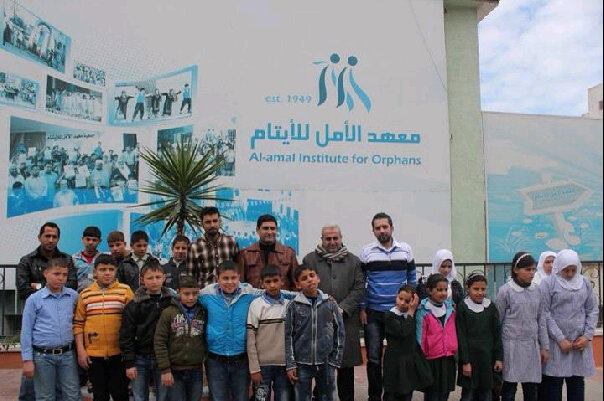- Ummah Global Relief: The agreement of all scholars of this ummah, especially in the early generations, on certain issues is an obvious indication that they have based the agreement on strong Shari’ah evidence, be it a text, general benefit, or a material fact. Consequently, we should respect such an agreement so that we can preserve the value of ijma’ in Shari’ah, that keeps balance in legislation and prevents chaos and legislative confusion. Examples of this ijma’ is the agreement of scholars that zakah is obligatory on golden assets at the same rate as it is on silver, i.e. one fourth of a tenth, and their agreement that a mithqal is one and three sevenths of a dirham.
Method and Plan of Study ~(Ummah Global Relief)
- I mentioned true ijma’ because some jurists reported ijma’ on issues that are still controversial. This is because in early generations there were many scholars most of whom were dispersed in several countries, so that it was very difficult to know their stand on certain issues. Imam Ahmad went so far as to state “Whoever claims that an ijma’ on any matter did ever exist is a liar, for how could he know? People may have differed without him knowing. Instead, one may say “To my knowledge there are no disagreements on such an issue’ or ‘No different opinions have been reported to me'”. There are examples of cases in which ijma’ was claimed or a state of no report of disagreement was mentioned whereas there is concrete evidence that such cases were not agreed upon. Al shafi’i, for example, said about zakah on cattle, “On each thirty there is a tabi and on each forty there is a musinnah, and I know of no difference among scholars on this”. It is certain that a difference existed and was reported by Jabir bin Abdullah, Sa’id bin al Musayib, Qatadah, and the zakah collectors in Madinah of Ibn al Zubair4. Another example is that reported by Ibn al Mundhir, that there was ijma’ that zakah may not be spent on non Muslims while other scholars reported from al Zuhri, Ibn Sirin, and ‘Ikrimah, that this is permissible and it seems that this is the view of ‘Umar, according to reports from him.5 Also, Ibn Qudamah in al Mughni said “we know of no disagreement on the view that the clan of Hashim are not allowed to receive zakah,” This was commented on by al Hafiz Ibn Hajar, in al Fath, “But al Tabari reported that Abu Hanifah said that they may receive zakah if they were not given the allowance of dhavi al Qurba (the close relatives of the Prophet). This is also stated by al Tahawi. Similar views are attributed by some Malikites to al Abhari, a Malikite, and it is an opinion expressed by some Shafi’ites. Abu Yusuf said, “Zakah of the clan of Hashim is lawful to members of the same clan.” For this special case the Malikites have four different opinions.”6
Such alleged ijma’ is not binding because it is not in fact an ijma’ and one may take a position that opposes it. As for true ijma’ i.e. ijma’ that truly has no known opposition, It is an acceptable ruling in Shari’ah and I bind myself to following it in spite of objections raised about its binding nature.
For more contact Ummah Global Relief

